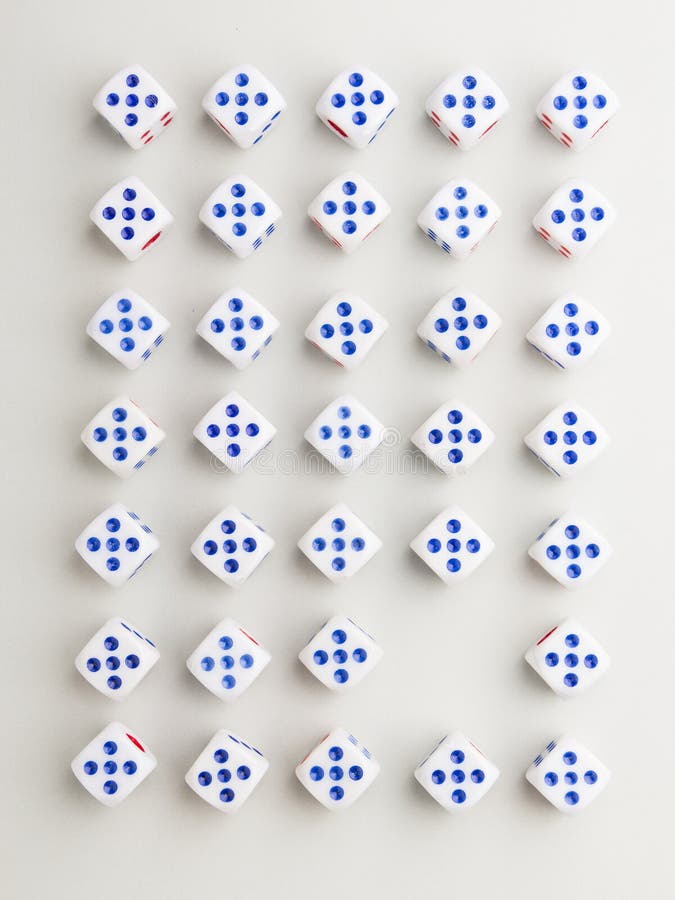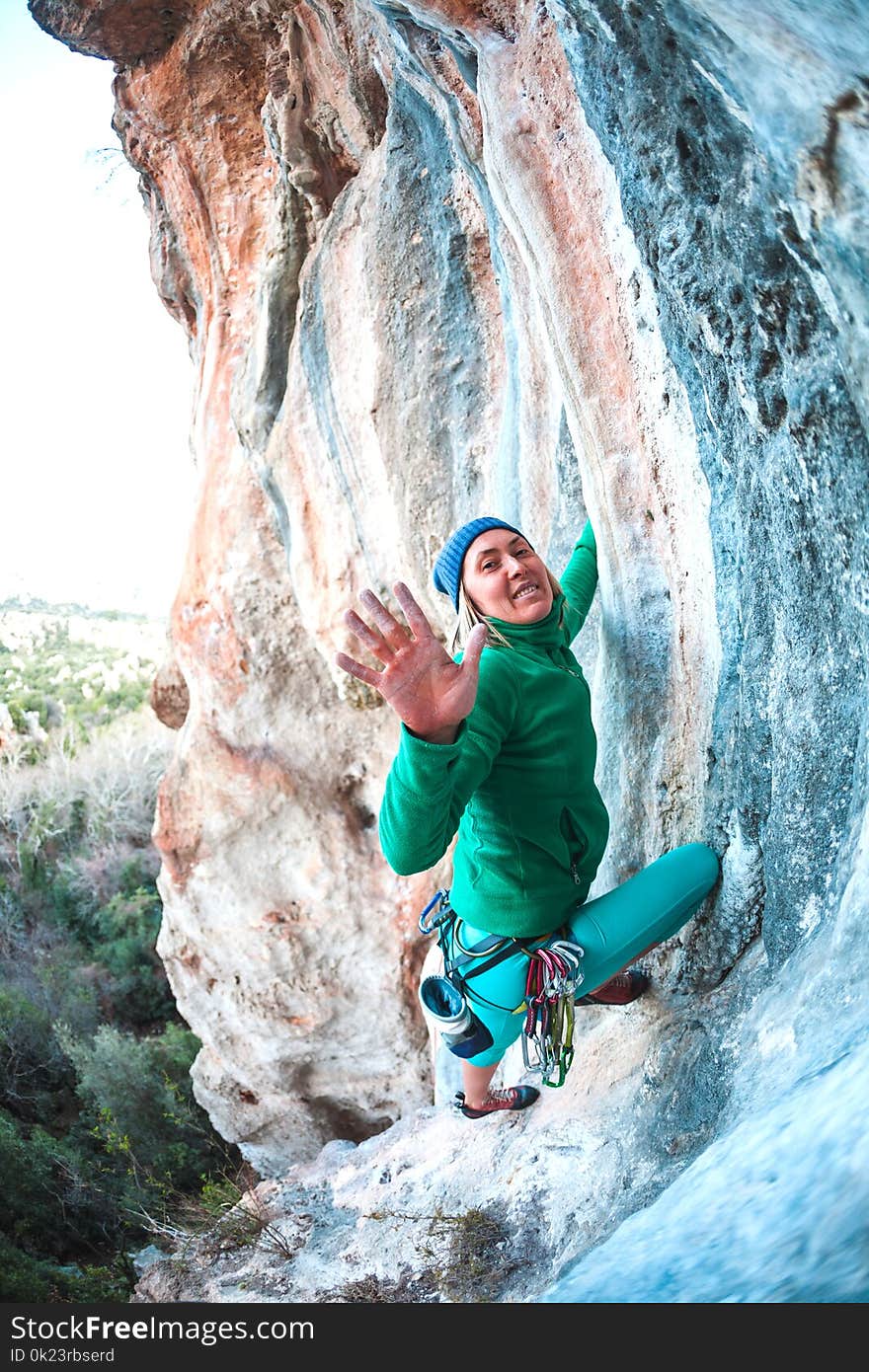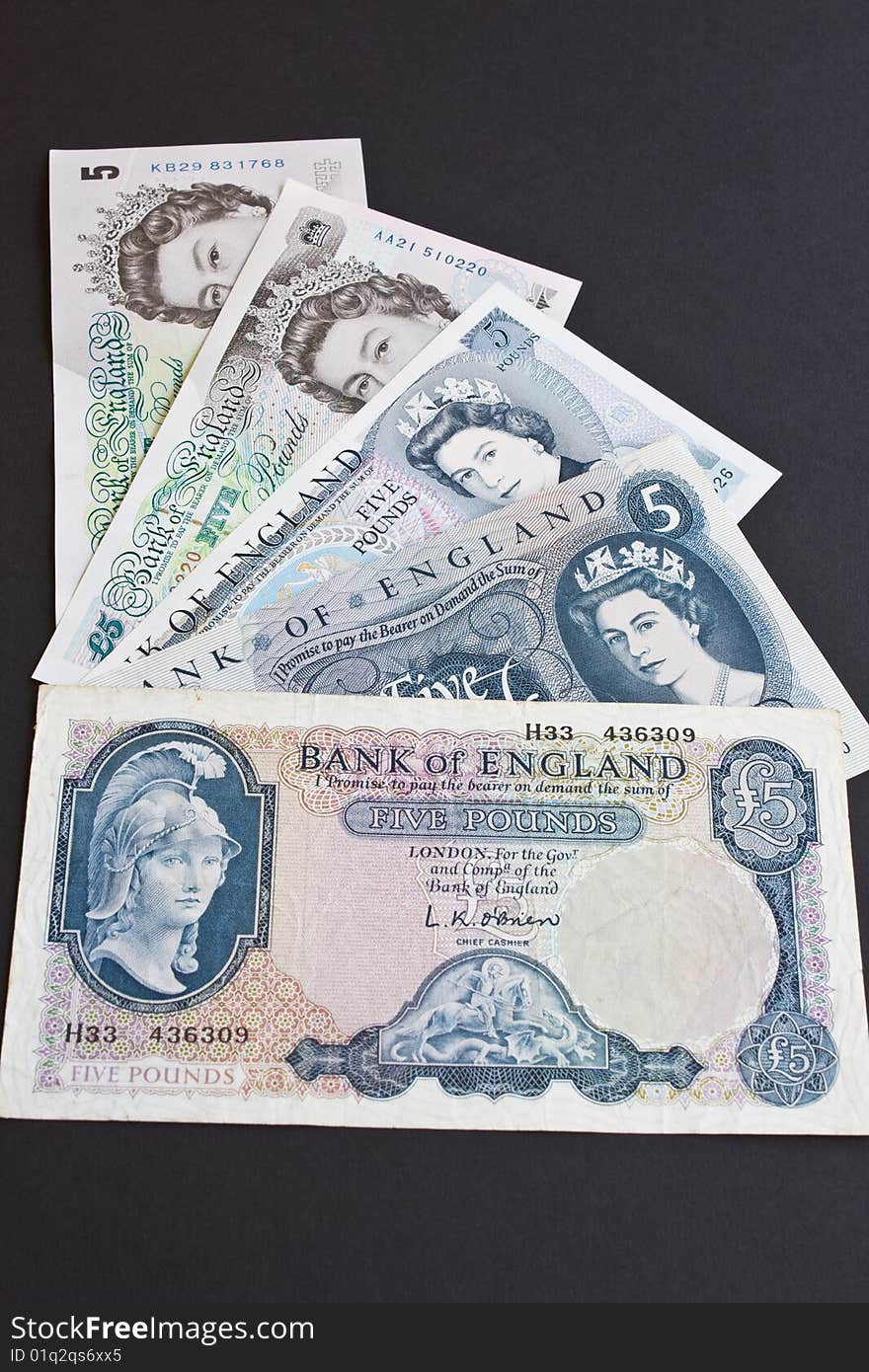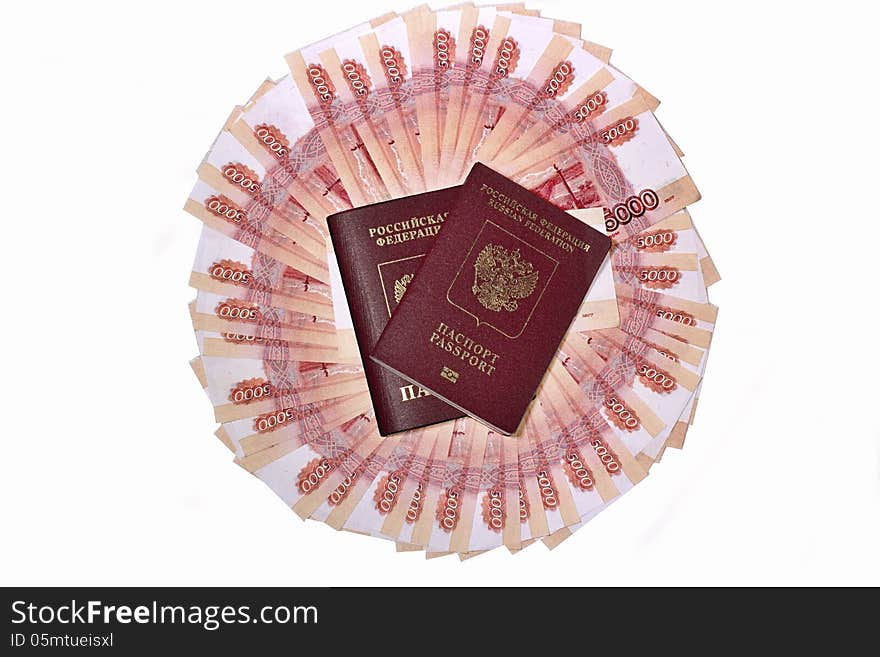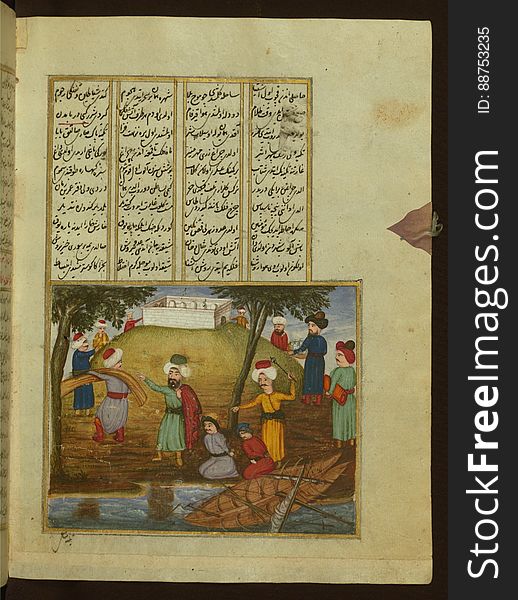
You can use this free image under the Creative Commons Zero (CC0) public domain license. Support our free section by adding a credit line next to the photo in your design. A suggestion is provided under the title.
Five Poems &x28;quintet&x29;, Åžeyh Baba And His Men, Walters Manuscript W.666, Fol. 42b - This Is An Illuminated And Illustrated Copy Of The Ḫamse (quintet) Of The Ottoman Turkish Poet And Scholar Ê¿Aá¹ÄʾullÄh Bin Yaḥyá Ê¿Aá¹Äʾī (d. 1044 AH / 1634 CE). Although Different In Content, This Work Takes Its Inspiration From The Famous Persian Khamsah Of NiẓÄmÄ« GanjavÄ« (d. 605 AH / 1209 CE) And The Khamsah Of AmÄ«r Khusraw DihlavÄ« (d. 725 AH / 1325 CE). This Ottoman Copy Of Ê¿Aá¹Äʾī's Work Ends With A Portion Of His DÄ«vÄn (fols. 142b-151b) Instead Of The Fifth Poem (mesnevi), Ḥilyet ül-efkÄr. The Text, Written In NastaÊ¿lÄ«q Script, Was Copied By Ḫeyrullah ḪeyrÄ« ÇÄvuÅŸzade In 1133 AH / 1721 CE. There Are Thirty-eight Illustrations, And Illuminated Incipits Introduce The Different Poems (fols. 1b, 22b, 63b, 107b, And 142b). The Brown Leather Binding Is Original To The Manuscript. This Illustration Depicts Åžeyh Baba And His Men Capturing A Group Of Brigands Who Robbed Their Tekke (dervish Lodge). Photo
© publicdomainstockphotos | Stock Free Images
Pro Stock Photos From Dreamstime
Categories:






